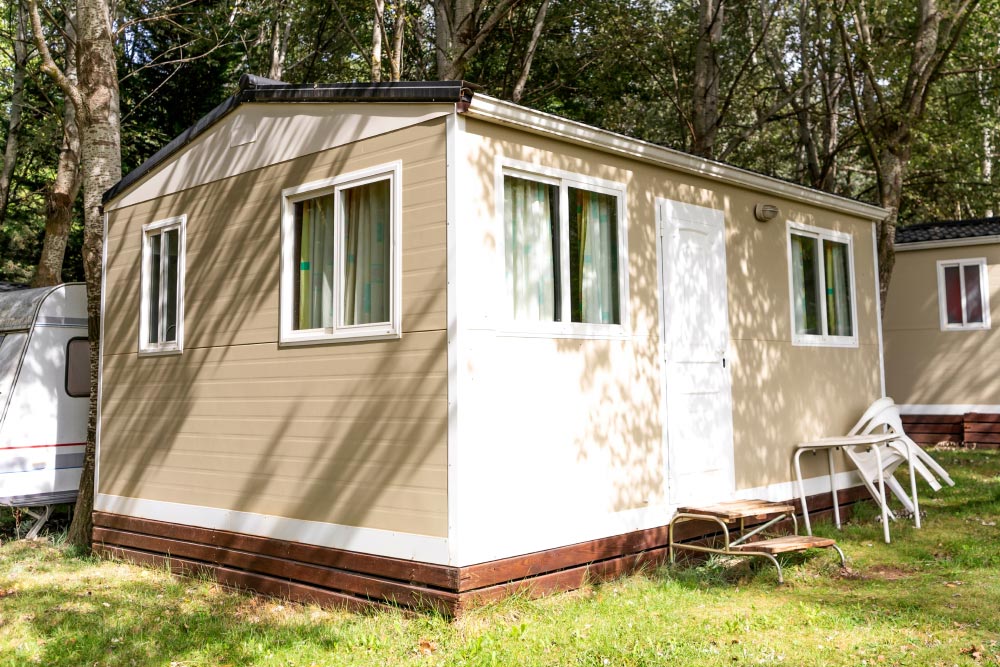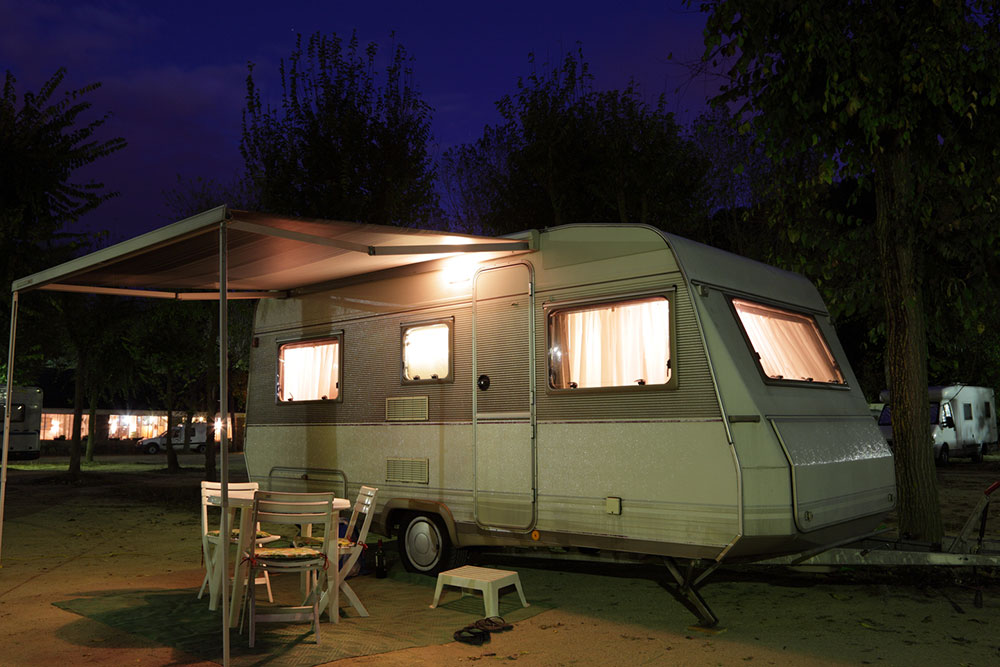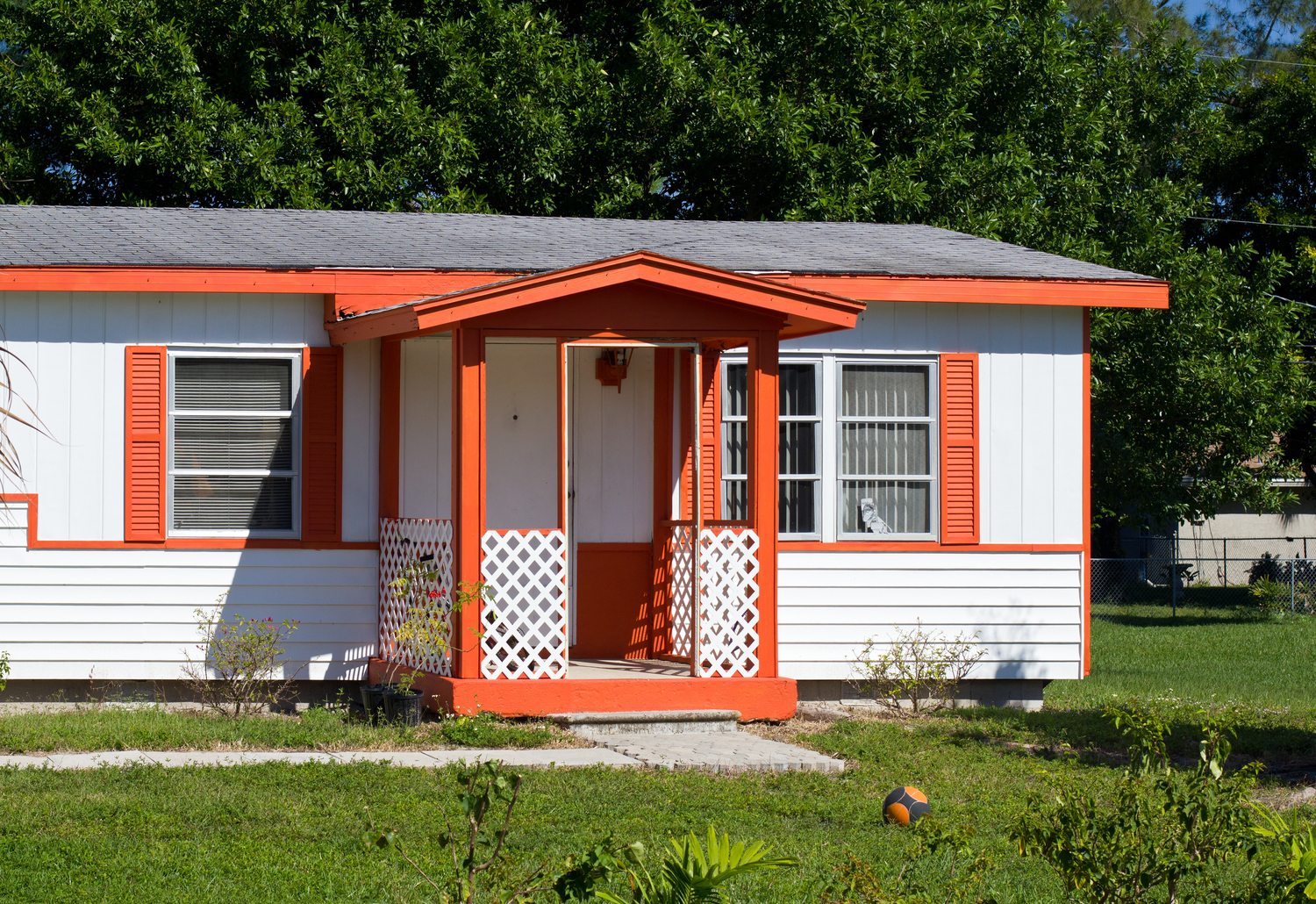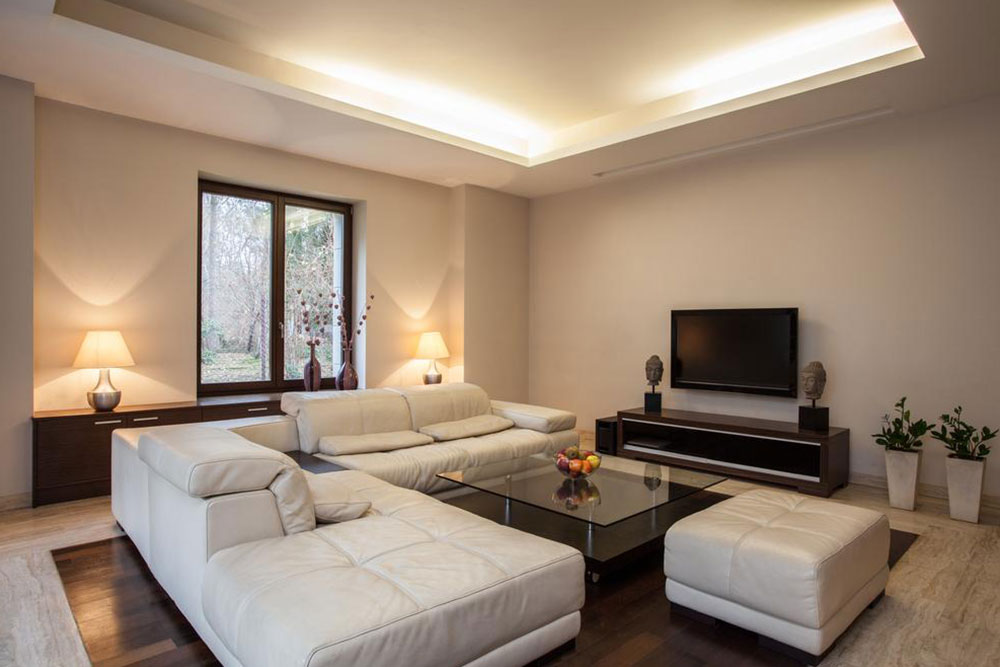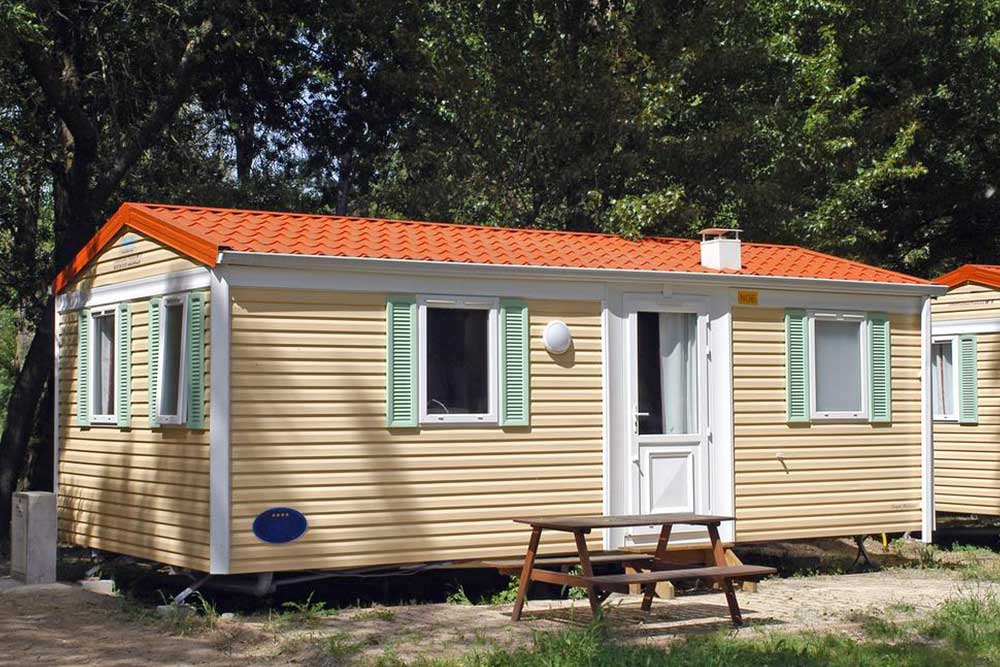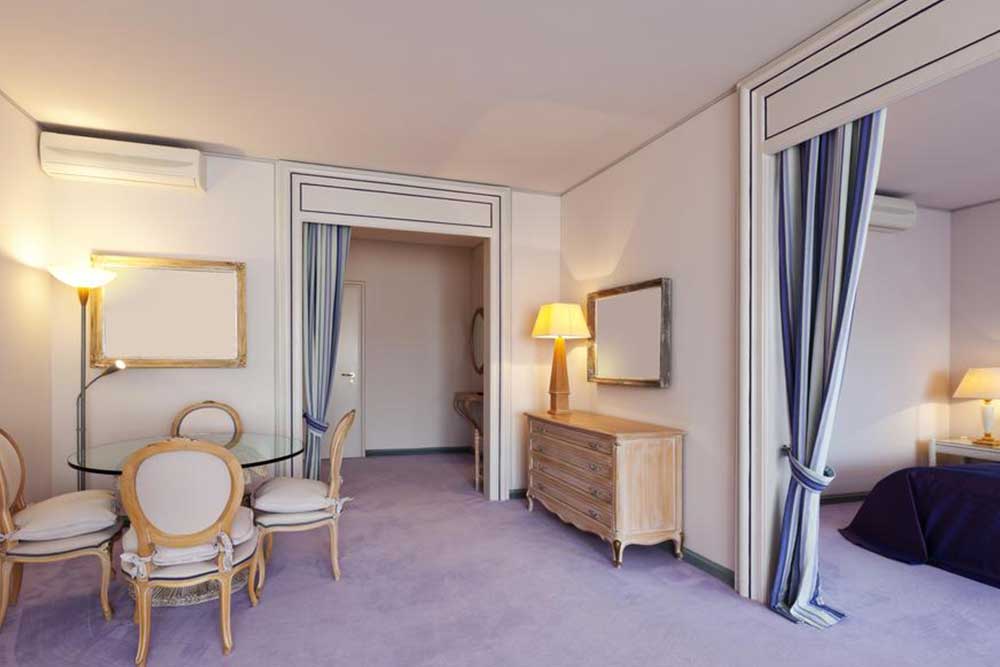A Comprehensive Guide to Manufactured Home Living: Benefits, Considerations, and Modern Trends
Discover the comprehensive insights into manufactured home living, including benefits, customization options, and key considerations for buyers. Learn how these eco-friendly, affordable, and mobile residences are shaping the future of housing with innovative designs and flexible locations. This guide delves into everything you need to know to make informed decisions and enjoy a personalized, sustainable lifestyle in a manufactured home.
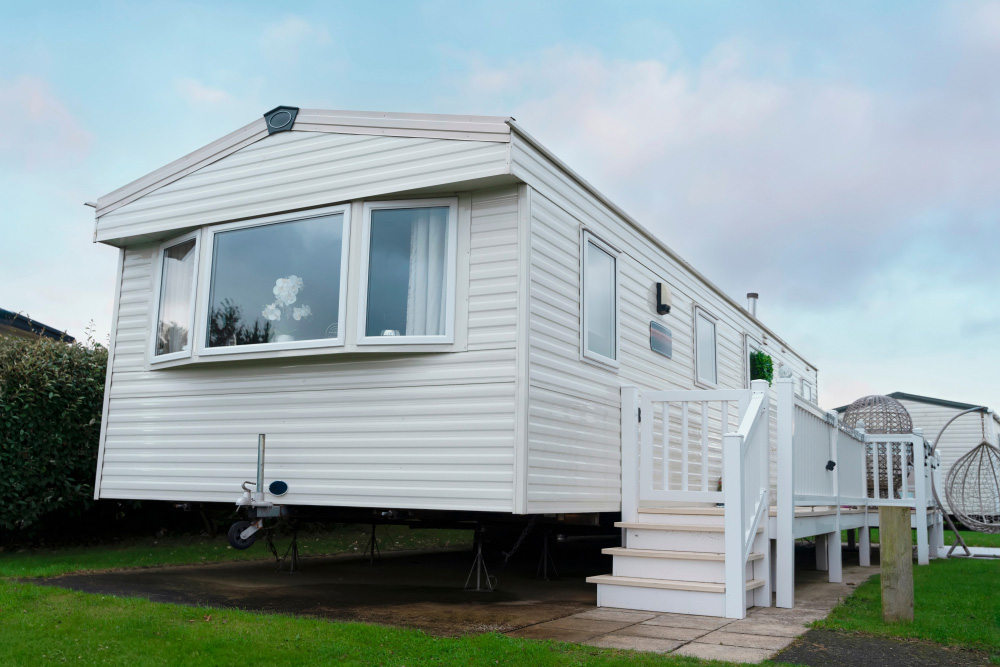
Exploring the World of Manufactured Homes: Benefits, Customization, and Buying Tips
In recent years, manufactured homes have experienced a resurgence in popularity as an innovative and cost-effective housing alternative. As housing affordability becomes a pressing concern across many regions, more individuals and families are turning to prefabricated, factory-built dwellings that offer flexibility, eco-friendliness, and affordability. This comprehensive guide provides an in-depth look at manufactured home living, emphasizing their benefits, customization options, important considerations for buyers, and the latest trends shaping this dynamic housing sector.
Understanding Manufactured Homes
What Are Manufactured Homes? Manufactured homes, often referred to as mobile or prefab homes, are residential structures built entirely in controlled factory environments. These homes are designed to be transported via trucks to their permanent or temporary sites, where they are set up and connected to utilities. Unlike traditional site-built homes, manufactured homes are constructed according to the federal building code known as the HUD Code, ensuring consistent quality, safety, and energy efficiency.
Manufactured homes can vary vastly in size, design, and features, ranging from basic models to luxurious layouts with modern amenities. They appeal to a broad spectrum of residents, including first-time homeowners, retirees, and remote workers seeking flexible living options.
Advantages of Choosing a Manufactured Home
There are numerous compelling reasons why manufactured homes have become a popular choice among homebuyers looking for affordability and flexibility. These benefits not only make them attractive but also contribute to sustainable and efficient living.
Flexibility and Mobility
One of the most significant advantages of manufactured homes is their mobility. Unlike traditional brick-and-mortar houses, these homes are designed to be relocatable, giving owners the freedom to move their residence to different locations as circumstances change. This mobility can be especially appealing for those looking to downsize, relocate for work or family reasons, or simply explore different communities without the financial burden of selling a fixed property.
Relocating a manufactured home involves minimal effort compared to constructing a new dwelling from scratch. This flexibility empowers homeowners to adapt to life changes and personal preferences without extensive construction delays or costs.
Cost-Effective Investment
Compared to traditional site-built homes, manufactured homes are significantly more affordable. The streamlined manufacturing process reduces labor and material expenses, which are often passed down to consumers. Because they are constructed in controlled environments, waste and operational inefficiencies are minimized, further lowering the overall costs.
While costs for new homes typically start around £80,000 for a standard two-bedroom model, pre-owned units can be available for considerably less, often around £30,000. This affordability makes homeownership accessible for a broader demographic, including first-time buyers and those with budget constraints.
Rapid Construction Timeline
Manufactured homes are assembled in factories using standardized procedures, allowing for rapid production and deployment. This contrasts sharply with traditional construction, which can take months to complete and is often subject to weather delays and labor shortages. Once manufactured, a home can be installed and ready for occupancy within a matter of weeks.
Furthermore, the factory-based approach allows for quality control, ensuring each component meets strict safety and efficiency standards. The quick turnaround appeals to those needing immediate housing solutions or looking to expand or relocate swiftly.
Energy Efficiency and Sustainability
Modern manufactured homes are designed with sustainability in mind. They incorporate energy-efficient features such as thick insulation, double-glazed windows, and ventilation systems that promote better airflow and temperature regulation. These elements result in lower utility bills, reduced environmental impact, and increased comfort for residents.
Manufacturers also prioritize eco-friendly building practices, producing homes with less waste and lower carbon footprints compared to traditional construction. Many manufactured homes are now built with sustainable materials and practices, aligning with the growing global emphasis on green living.
Personalization and Customization Options
Another major appeal of manufactured homes is the level of personalization they offer. Homebuyers can select from a wide range of layouts, interior finishes, and exterior features, allowing for a tailored living experience that matches personal tastes and needs.
Homeowners can customize floor plans, choosing the number and arrangement of bedrooms and bathrooms for optimal functionality. Interior options include different flooring materials, cabinetry, appliances, and lighting fixtures, giving each home a unique character.
Exterior improvements such as porches, carports, decks, and landscaping features can be added to enhance curb appeal and outdoor living spaces.
This flexibility ensures that each manufactured home can embody the homeowner's personality and lifestyle, making it more than just a pragmatic housing solution but a personalized sanctuary.
Environmental Benefits and Sustainable Living
Manufactured homes are inherently eco-friendly due to their factory construction and reduced material waste. The controlled environment minimizes excess material usage and ensures precise cuts and assembly, reducing environmental impact and promoting sustainability. Additionally, many manufacturers include energy-saving appliances and insulation systems designed to lower overall energy consumption.
Living in a manufactured home park also fosters community and shared resources, such as common green spaces, recreational facilities, and social events that promote a connected community lifestyle. These aspects contribute to enhanced social well-being and sustainable community development.
Key Factors to Consider Before Purchasing a Manufactured Home
Buying a manufactured home requires careful thought and planning. Here are some crucial considerations to guide your decision-making process:
Location and Community Options
Choosing the right location and park is vital. Consider proximity to essential services such as schools, hospitals, shopping centers, and employment hubs. Lease terms typically range from 10 to 15 years, so understanding lease renewal policies and potential costs is important for long-term planning. Evaluate whether the community offers amenities like parks, fitness centers, social events, and transportation options.
Home Design and Size
The layout, size, and features should align with your lifestyle and family needs. Whether you prefer an open-concept living area, multiple bedrooms, or specific interior finishes, ensure that the chosen home provides comfort and functionality.
Age and Condition of the Home
New manufactured homes typically last 50-60 years with proper maintenance. Pre-owned units may come with a lower price tag but require inspection to assess their condition, remaining lifespan, and potential repair needs.
Budget and Pricing
Overall costs depend on size, features, and age. It’s essential to establish a budget that includes not only the purchase price but also ongoing expenses such as land lease, utilities, insurance, and maintenance. Comparing different models and pre-owned options helps identify the best value for your investment.
Understanding these factors ensures a smoother purchasing process and a satisfying living experience in your new manufactured home.
The Future of Manufactured Homes
Technological advancements and increasing demand for affordable housing continue to propel the manufactured home industry forward. Innovations such as smart home technology, eco-friendly materials, and modular design concepts are making these residences more modern, efficient, and appealing. As communities seek sustainable growth, manufactured homes are poised to become a mainstream housing solution across urban and rural landscapes alike.
Whether you are a first-time buyer, investor, or someone looking to downsize, manufactured homes offer a flexible, cost-effective, and customizable living option that adapts to the needs of contemporary lifestyles.
